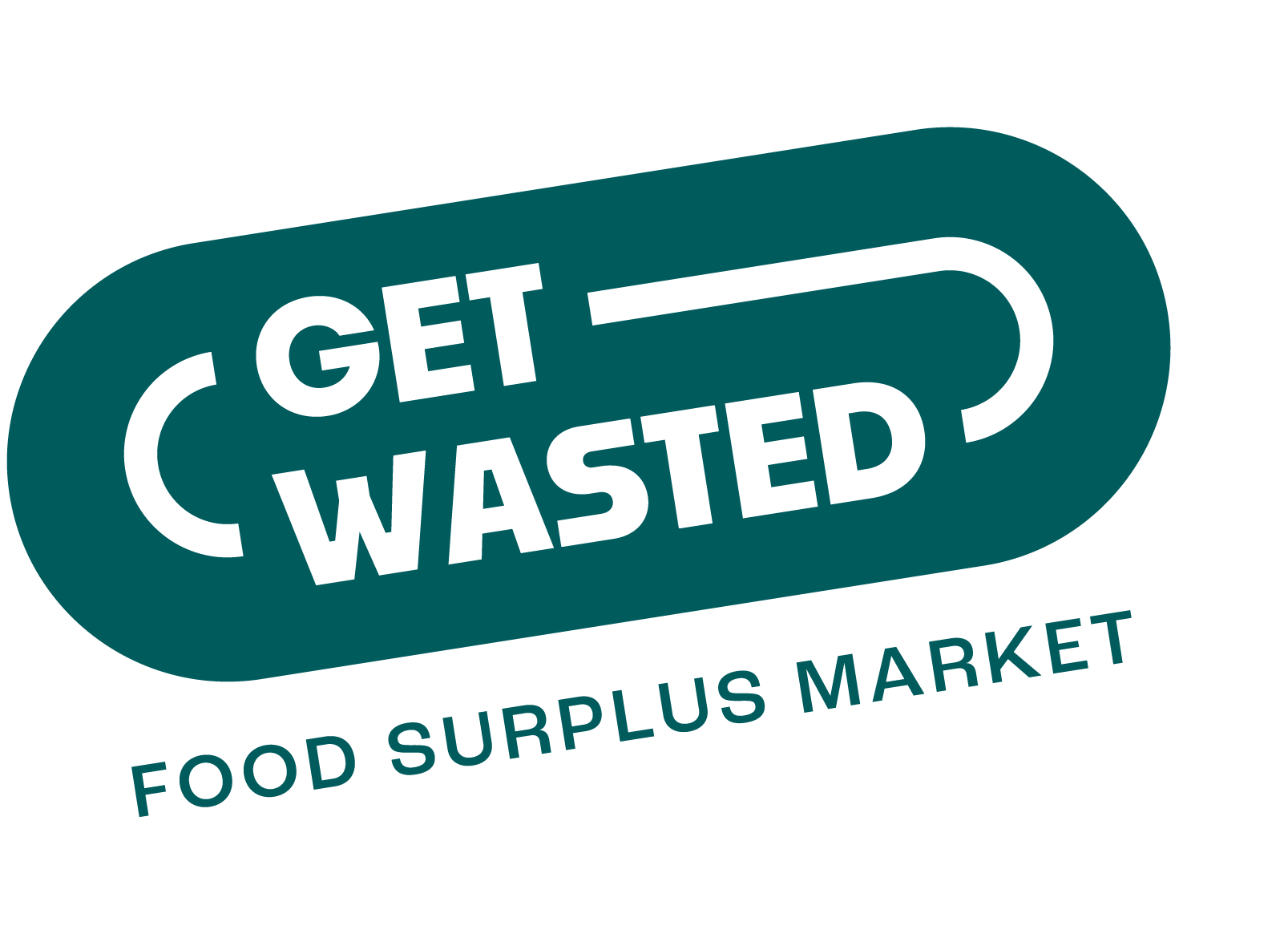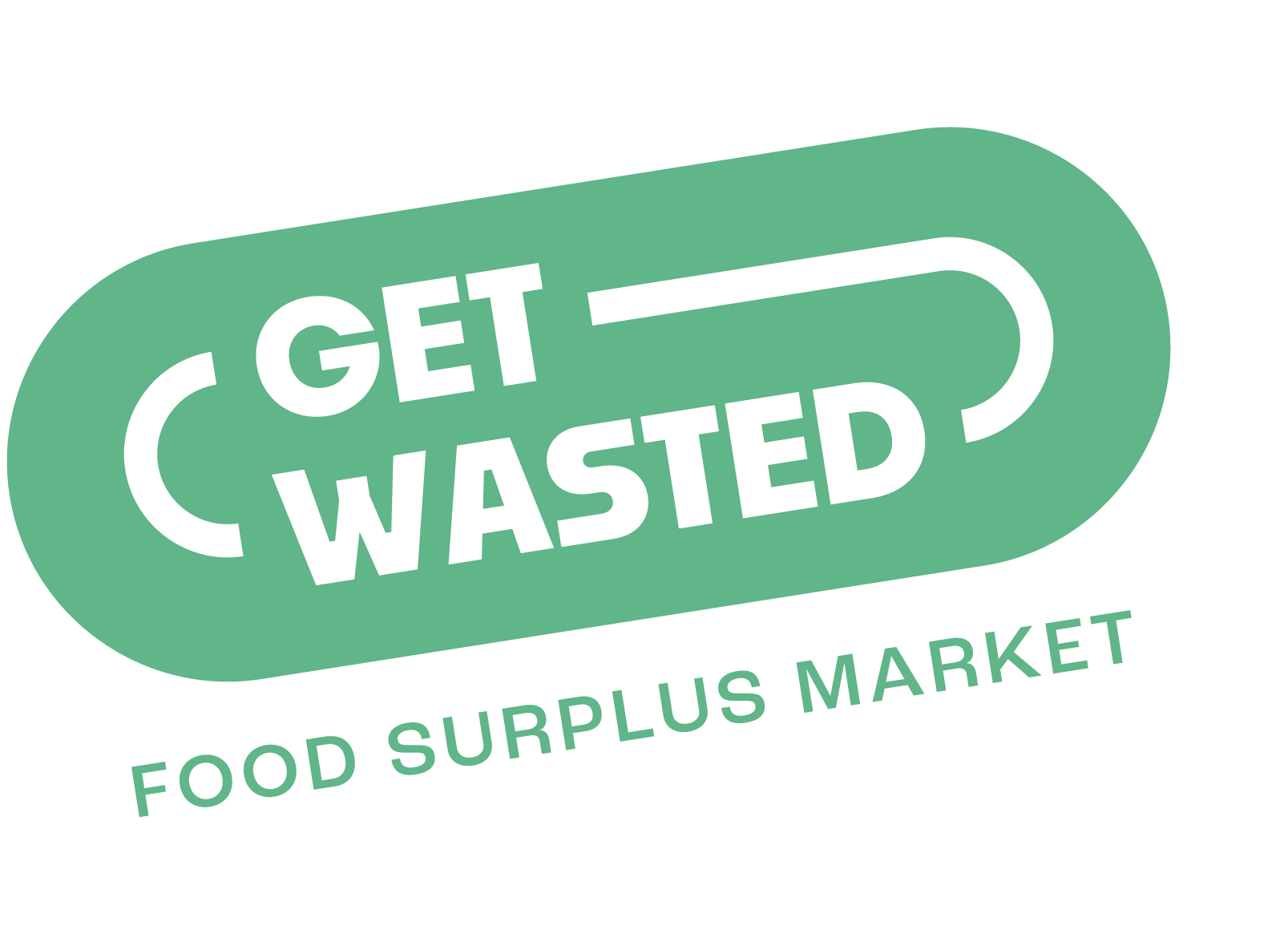blogpost
Together with Europe against food waste!
In mid-March, the European Parliament set stricter targets to stop food waste. By 2030, we will be obliged to reduce our food waste by 20 to 40%. 20% in production and food processing and 40% in restaurants, retail, but also in European households. An important step, which fits perfectly with the philosophy of Get Wasted, which gives surplus food a second life instead of letting it go to waste.
12 April 2024
share this article
Every year there are 60 million tons of food waste in the EU, equivalent to as much as 131 kg per person. Members of the European Parliament are now decisively choosing to adopt an ambitious and sustainable food strategy. Get Wasted focuses on food surpluses created at the beginning of the chain. We try to match them with professional players further down the supply chain, so that they can help avoid food waste at an early stage.
That food waste has negative consequences for our environment and climate is nothing new. The total amount of food waste in the EU in 2020 caused greenhouse gas emissions equivalent to no less than 16% of the total emissions of the entire food system in the EU, which obviously is 16% too much... Food waste causes us to use natural, scarce resources such as land, water and energy unnecessarily, but also the time, energy and efforts of the producers aren’t valorized the way it should.
Mid-March the European Parliament gave the green light to tougher targets to reduce food waste, with an overwhelming majority of 514 votes (out of 705).
What exactly does this proposal entail?
"The Parliament urges EU countries to take action to reduce food waste at all levels, from production to distribution, including restaurants, caterers and households. This includes a variety of measures, such as encouraging the use of "ugly" fruits and vegetables (shouldn't we change something about this?) smarter packaging to keep food fresher longer, clearer labeling of expiration dates, and donating unsold but still edible food."
Parliament has also set new goals to drastically reduce food waste by 2030. They aim for a reduction of at least 20% in the food processing industry and 40% per person in retail, catering, food services and households. In addition, it is considering setting even more ambitious targets for 2035, with a minimum 30% and 50% reduction, respectively.
Get Wasted provides an innovative solution to address food waste at the beginning of the food chain, by encouraging professional processors further down the chain to reuse these qualitative surpluses. We do this by matching buyers and sellers of waste streams. The matchmaking platform acts as a virtual marketplace where food producers, processors, distributors and wholesalers can efficiently trade surpluses like for example second choice products, slightly damaged products or excess supply.
With our Get Wasted philosophy we want to enhance the circular economy, focusing on reusing, recycling and repurposing resources to minimise waste and maximise value. It is a convenient and cost-effective solution for companies looking to manage their food waste more effectively. It allows them to find buyers for their excess inventory, generating additional revenue while reducing their environmental footprint.
The ultimate goal of Get Wasted? To contribute to a more efficient, resilient and fair food system for future generations. And we'd love to do that together with you!
With the support of Vlaanderen Circulair
latest news
Bioweek is back!
Bioweek is back! From June 1 to 9, the entire Belgian organic sector wants to inspire young and old to choose organic more often. Because choosing organic is choosing sustainability. A week full of fun activities where organic producers are put in the spotlight.
Will you help save 300,000 pounds of rejected (organic) celeriac?
Farmer Ted and his wife Nicole are left with an abundance of organic celeriac that does not meet the consumer beauty ideal. Time for a rescue operation!
A sustainable success story: more than 16 tons of leek saved!
Last month we matched leek producer Groentenhof to Hanssens Catering, so leek surpluses can be turned into soup. Read more.
Creating an innovative market platform (1/2): opportunities and challenges
The first part of this two-part series looks at value assessment and pricing, and supply and demand.
Creating an innovative market platform (2/2): Let’s talk logistics
The second part of this two-part series dives into all things logistics.
The Get Wasted pilot: turning surplus veggies into soups for schools
In Antwerp, Get Wasted acts as a matchmaker between wholesalers and schools to save surplus produce.

